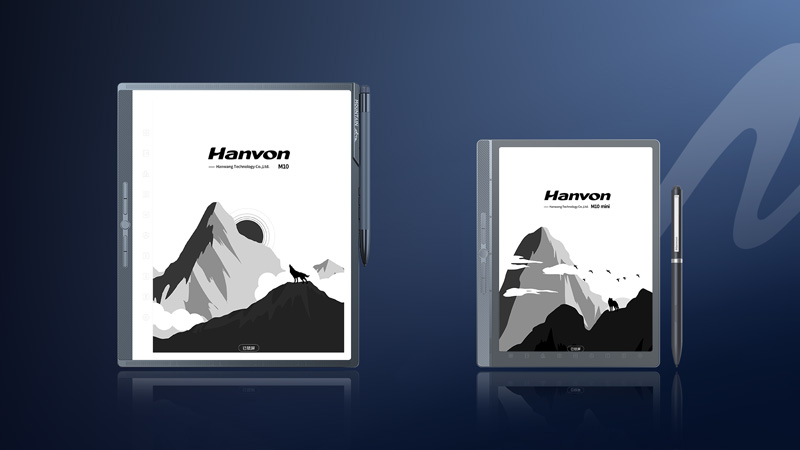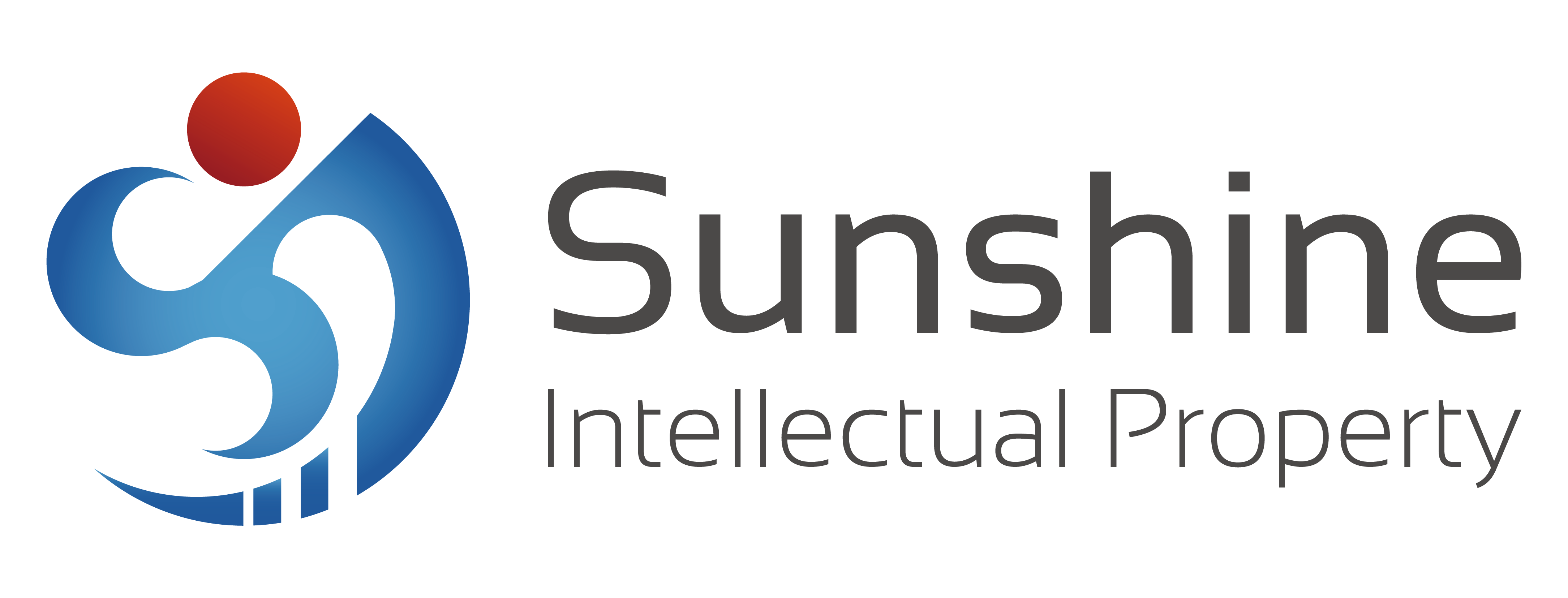In 2006, Wacom, a Japanese giant in the tablet industry, filed patent infringement lawsuits against Hanvon Technology in both China and the United States, claiming that three of its "tablet technology" invention patents had been infringed. This dragged the market competition into a "patent war".
Wacom of Japan stated that Hanvon produced digital tablets in China and sold them in both China and the United States, infringing upon multiple patents of Wacom of Japan related to wireless and battery-free electronic pens. Therefore, it decided to take legal action to demand the cessation of the manufacture and sale of these infringing products as well as Hanvon's fraudulent behavior. In response, Hanvon adopted a stance of thorough resistance and requested the invalidation of Wacom of Japan's Chinese patents. The case was officially heard in China in 2007, and in the United States, the trial began in May 2008. Previously, Wacom of Japan had used the same method to sue and drive a South Korean company out of the digital tablet market due to the high litigation costs in the United States that the South Korean company could not bear. Therefore, Hanvon's being sued this time has drawn significant attention from the Chinese market and even the international market.

Thoughts on Dealing with Overseas Patent Invalidity Litigation
Hanvon is an innovative enterprise. Its founding team has a research background from the Institute of Computing Technology of the Chinese Academy of Sciences. It has strong local R&D capabilities and production advantages in terms of products and technology. For many years, it has been engaged in the agency sales and innovative research and development of products such as graphics tablets and card scanners, and has a mature and extensive channel network. It is the largest graphics tablet agent in Asia. With the rapid development of the animation industry, digital tablets have been widely recognized by industry insiders. After years of operating Wacom digital tablets, Hanvon has developed and launched a new digital tablet technology. It has gained an edge in price due to its localization advantages, forming a certain user base and market share, which has directly affected Wacom's monopolistic position. This time, Wacom's lawsuit against Hanvon ultimately boils down to a dispute over interests.
Most electronic products were invented by Europeans and Americans, and their input habits are more in line with the English spelling of ABC. China, Japan and South Korea are different from them, having a higher demand for handwriting input and making greater investment in research and development. Therefore, competition lawsuits among enterprises in China, Japan and South Korea are often more intense. After Hanvon was sued, it found that the two well-known law firms it had entrusted to handle the case were ineffective. Eventually, it turned to Sanju Sunshine.
As an effective means to deal with the patent infringement lawsuit, Sanju Sunshine has decided to file for the invalidation of the three patents involved on behalf of Hanvon. After in-depth research on the technical solutions of the involved patents and Wacom's patent application layout in China, the Sanju Sunshine agency team found that since the 1980s, Wacom has laid out hundreds of patents in China, almost monopolizing the entire graphics tablet industry, and its position is hard to shake. At the same time, they also found that the application dates of a large number of Wacom's patents, including the three patents being sued, were all in the late 1980s, and their 20-year protection period is about to expire. This has become an important decision-making factor in determining whether this patent war can be concluded quickly.
Given Wacom's status as an industry giant in Japan and its long-term accumulation of innovation capabilities, it has a solid foundation of weapons and ammunition. Hanvon, on the other hand, is a growing company and could be worn down by a prolonged battle. Therefore, it was decided to strive for a quick victory. To this end, Sanju Sunlight initially formulated two strategies and launched a counterattack: on the one hand, actively defend in court, counterattack at the right time, and maintain a strong momentum; on the other hand, seek a settlement at the right time and accumulate settlement chips.
According to this strategy, Sanju Sunshine began to search and analyze the existing technologies, reorganize the evidence, and formulate multiple effective offensive and defensive strategies for the case. At the same time, relying on a multi-pronged counterclaim strategy, it took the initiative and simultaneously initiated patent infringement lawsuits against Japan's Wacom's technical products in multiple Chinese cities such as Beijing, Harbin, and Shijiazhuang, pulling the main battlefield back from the United States to the Chinese mainland, putting Wacom's technical patents in jeopardy.
As the investigation of the case deepened, Sanju Sunshine also conducted global patent infringement risk early warning and screening for Hanvon at exhibitions in South Korea, Germany and other places. Considering that the market size, innovation level, intellectual property laws and the intensity of intellectual property protection vary from country to country, the risk response strategies of one country cannot be mechanically copied to another. Regarding whether there is an infringement risk, how to avoid and respond to it, and protect the smooth development of the enterprise, Sanju Sunshine has done a lot of basic and decision-making work in this regard.
When there were sufficient chips, it eventually forced both sides to sit down and negotiate, reaching a global settlement. In Hanvon's prospectus, it was also mentioned that in the process of global settlement, Wacom of Japan allowed Hanvon to engage in business activities including manufacturing, arranging for others to manufacture, selling, promising to sell, using, exporting and importing in any place except the US and Japanese markets, reserving sufficient space for development; only in the US and Japanese markets, it imposed restrictions on Hanvon until March 31, 2012, and then fully lifted the restrictions. After quickly ending this lawsuit, Hanvon was officially listed, and its stock price and market value continued to soar.
Patent litigation is an important means of market competition and protection.
Market competition is often the fundamental cause of patent infringement lawsuits and patent invalidation cases. The above-mentioned case between Hanvon Technology and Japan's Wacom is a classic example of domestic high-tech enterprises winning intellectual property lawsuits against foreign patent holders through reasonable litigation strategies. After a case occurs, under the huge market pressure and litigation pressure, it is necessary to rationally choose and apply effective strategies in patent litigation and build a strict litigation plan to help enterprises remove obstacles in market competition and safeguard their own legitimate rights and interests.
Intellectual property rights have become an important business strategy and competitive resource for enterprises, and have also become the most important core competitiveness for innovative enterprises. The reason why Hanvon was able to win the lawsuit is, on the one hand, that it chose Sanju Sunshine and the multi-point counterattack litigation strategy formulated by Sanju Sunshine for it. After the comprehensive settlement of the case, Hanvon specially sent a thank-you letter to Sanju Sunshine, expressing its sincere gratitude for its efforts over the past year. On the other hand, Hanvon's early intellectual property reserves also played a key role. Hanvon Technology has always adhered to the eight-character policy of "making mines, laying mines, preventing mines, and defusing mines" in the management of the company's intellectual property rights, strictly implementing all aspects of the creation, management, application and protection of intellectual property rights. Especially in the field of trademarks and copyrights, Hanvon made a comprehensive layout in the early stage. In July 2009, Apple signed a "Trademark Settlement and Transfer Agreement" with Hanvon Technology regarding "I-phone" and paid a total of 3.65 million US dollars to the latter, which also became a typical case of intellectual property layout and monetization. Hanvon Technology has gone through many intellectual property lawsuits and the victory in patent litigation is also the inevitable result of Hanvon Technology's emphasis on patent quality, patent layout and effective use of patent information.
Up to now, Hanvon Technology has over thousands of patents, and important technologies and products such as trajectory recognition, biometric recognition, and scanning pens have all been subject to patent layout in the United States, Germany, Japan, the European Union and other countries and regions. It has applied for over 600 trademarks, covering more than 20 countries and regions overseas. It has led the formulation of 8 national standards and participated in the formulation of 1 international standard. It can be seen that Hanvon's success has brought important reference value for the innovative development and going global of many Chinese enterprises.

